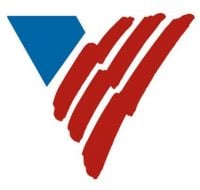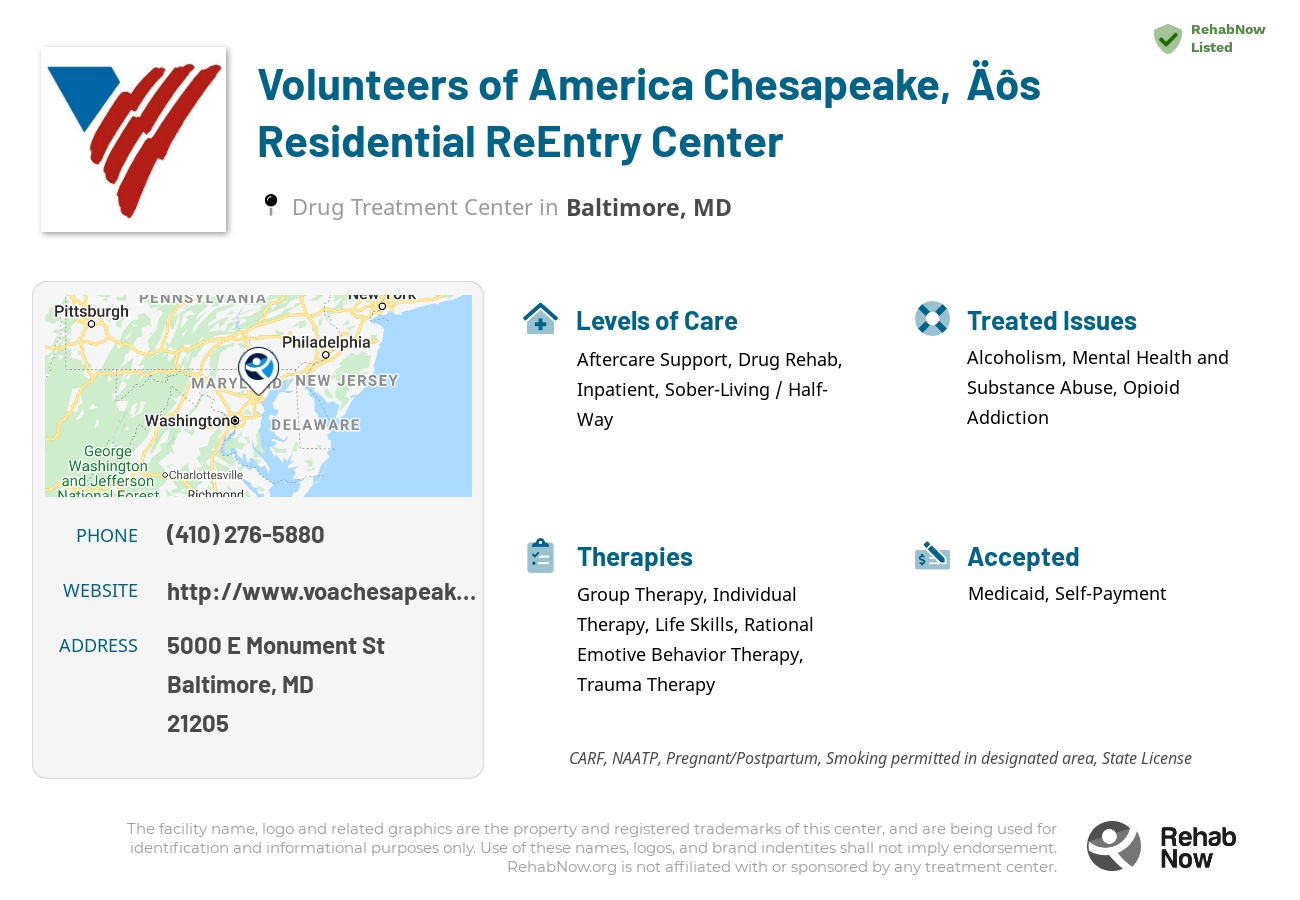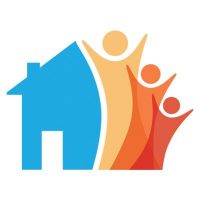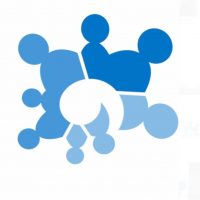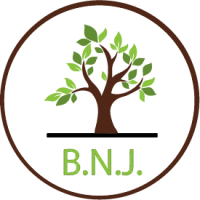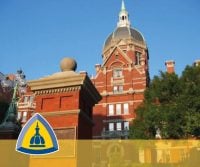Volunteers of America Chesapeake’s Residential ReEntry Center
Drug Rehab Center in Baltimore, Maryland
Volunteers of America Chesapeake’s Residential ReEntry Center in Baltimore, Maryland is a long-standing addiction treatment facility that provides a wide range of evidence-based services for alcoholism, substance abuse, mental health, and dual diagnosis, aiming to support patient recovery and successful reintegration into society.
About This Baltimore, MD Facility
Volunteers of America Chesapeake's Residential ReEntry Center is a non-profit rehab located in Baltimore, MD. It provides reentry services to adult men and women referred by the Federal Bureau of Prisons and U.S. Pretrial Services. The center's mission aligns with Volunteers of America's goal to empower self-reliance and inspire hope.
For over 30 years, the Residential Reentry Center has been open, offering reentry services as a contractor for the Federal Bureau of Prisons. It is guided by Volunteers of America's core values of visionary, integrity, compassion, excellence, and faith.
The center is accredited by CARF and holds a valid state license. With 148 beds, it has been treating individuals with alcoholism and substance abuse issues since 1896. The facility provides evidence-based treatments, including individual and group therapy, cognitive behavioral therapy, relapse prevention, life skills training, and 12-step programs.
- Offers a wide range of services like inpatient, outpatient, and sober living
- Provides vocational training and job placement assistance
- Incorporates medical assistance, behavioral health services, and peer support
The Residential ReEntry Center focuses on treating alcohol, opioid addiction, dual diagnosis, drug addiction, and mental health issues related to substance abuse.
Genders
Ages
Modality
Additional
Accreditations
State License

CARF
The Commission on Accreditation of Rehabilitation Facilities (CARF) is a non-profit organization that specifically accredits rehab organizations. Founded in 1966, CARF's, mission is to help service providers like rehab facilities maintain high standards of care.
Conditions and Issues Treated
Opioid + Opiate Addiction Treatment at Volunteers of America Chesapeake’s Residential ReEntry Center
With so many people struggling with opioid addiction, opioid addiction treatment is more critical than ever before. Patients often take opioids when they face a painful injury. When someone begins taking opioids such as Vicodin or oxycodone differently than how the medications were prescribed, this points to opioid addiction.
Stopping these types of medications abruptly is not safe. That is where opioid addiction treatment at Volunteers of America Chesapeake’s Residential ReEntry Center in Baltimore, MD comes in. Most opioid addiction treatment facilities start with detox and move to rehabilitation services while providing medical support during the process.
Getting over an opioid addiction takes time and determination, but with the right support and resources, those struggling with opioid addiction can recover and move forward with their lives.
Levels of Care Offered
This center offers a variety of custom treatment tailored to individual recovery. Currently available are Aftercare Support, Drug Rehab, Inpatient, Outpatient, Residential, Sober-Living / Half-Way, with additional therapies available as listed below.
Outpatient treatment can be considered the lowest intensity level of addiction treatment in Baltimore, MD. It is ideal for early phase addiction or lower intensity addictions. Volunteers of America Chesapeake’s Residential ReEntry Center peer group support, 12-step programs, and individual counseling may still be involved.
Sober living homes are homes where addicts can go after completing treatment. These facilities located in Maryland, offered by Volunteers of America Chesapeake’s Residential ReEntry Center, support a sober living lifestyle. There are often curfews, chores and therapy sessions enforced to keep residents clean. Career training and other resources are also provided to help recovering addicts return to the outside world.
Residential treatment programs are those that offer housing and meals in addition to substance abuse treatment. Rehab facilities that offer residential treatment allow patients to focus solely on recovery, in an environment totally separate from their lives. Some rehab centers specialize in short-term residential treatment (a few days to a week or two), while others solely provide treatment on a long-term basis (several weeks to months). Some offer both, and tailor treatment to the patient’s individual requirements.
Aftercare support plays an important role when sustaining a patient’s full recovery at Volunteers of America Chesapeake’s Residential ReEntry Center. Patients also receive assistance in making living arrangements in halfway houses. Career counseling is available for those who want a fresh start. There are also local community programs in Baltimore, MD such as Alcoholics Anonymous.
Volunteers of America Chesapeake’s Residential ReEntry Center‘s Therapies & Programs
Individual professional counseling or individual therapy refers to the one-on-one interaction between a patient and his or her counselor. Individual therapy allows for more privacy, one that group interactions can’t provide. Therefore, it becomes easier for a person to unload and become more open to his or her counselor.
Another benefit of individual therapy at Volunteers of America Chesapeake’s Residential ReEntry Center in Baltimore, MD is that all sessions aim to speed up a single person’s progress. It makes it easier for the counselor and the patient to deal with the central issues, which are likely the culprits of substance addiction.
Once the roots of the problems are addressed, it becomes less challenging for a recovering patient to maintain sobriety and brush off temptations.
In group therapy, the patient undergoes sessions with other patients dealing with similar problems under the guidance of a trained counselor. The members of the group interact with each other and talk freely about their issues. The recovery of members of the group from the problems that they face gives the patients confidence that they can also overcome their addiction.
Group therapy at Volunteers of America Chesapeake’s Residential ReEntry Center reduces the feeling of loneliness and improves the coping skills of the patients. Group therapy provides patients with continuous feedback from other members. The group dynamics ensure that members start having some structure and routine in their lives.
Cognitive behavioral therapy (CBT) is a way of addressing concerns through talking. Talking through issues can identify sources of discomfort or unhealthy thoughts. CBT is a healthy way Volunteers of America Chesapeake’s Residential ReEntry Center addresses some behaviors which may be bringing unintended consequences in a persons life.
Rational Emotive Behavior Therapy (REBT) is a type of cognitive therapy. It is based on the principle that irrational thoughts are responsible for the emotional and behavioral changes in addiction. The therapy starts with identifying the underlying irrational thoughts. These thoughts are then challenged and opposed logically and then replaced with positive thoughts.
Payment Options Accepted
For specific insurance or payment methods please contact us.
Additional Details
Specifics, location, and helpful extra information.
Baltimore, Maryland 21205 Phone Number(410) 276-5880 Meta DetailsUpdated April 15, 2024
Staff Verified
Patient Reviews
There are no reviews yet. Be the first one to write one.
Baltimore, Maryland Addiction Information
For the past decade, Maryland's rate of drug use and abuse has significantly increased. The overdose rate is currently higher than the national average. This epidemic is due to the many industries where manual labor is required. As soon as prescription opioids were more readily accessible a large part of manual workers started using–and eventually abusing–the painkillers.
According to recent statistics, there are around 33,000 people who are addicted to drugs in Baltimore. Heroin-related overdose deaths are quite high in Baltimore, at 837 per 100,000 residents in 2016. Baltimore's most commonly abused drugs include heroin, cocaine, and marijuana. The people of Baltimore are friendly and welcoming, and there's always something going on. If you're looking for a place to start fresh, Baltimore is the perfect place.
Treatment in Nearby Cities
- Clinton, MD (41.4 mi.)
- Fallston, MD (16.7 mi.)
- Phoenix, MD (14.9 mi.)
- Silver Spring, MD (33.1 mi.)
- Halethorpe, MD (7.9 mi.)
Centers near Volunteers of America Chesapeake’s Residential ReEntry Center
The facility name, logo and brand are the property and registered trademarks of Volunteers of America Chesapeake’s Residential ReEntry Center, and are being used for identification and informational purposes only. Use of these names, logos and brands shall not imply endorsement. RehabNow.org is not affiliated with or sponsored by Volunteers of America Chesapeake’s Residential ReEntry Center.
